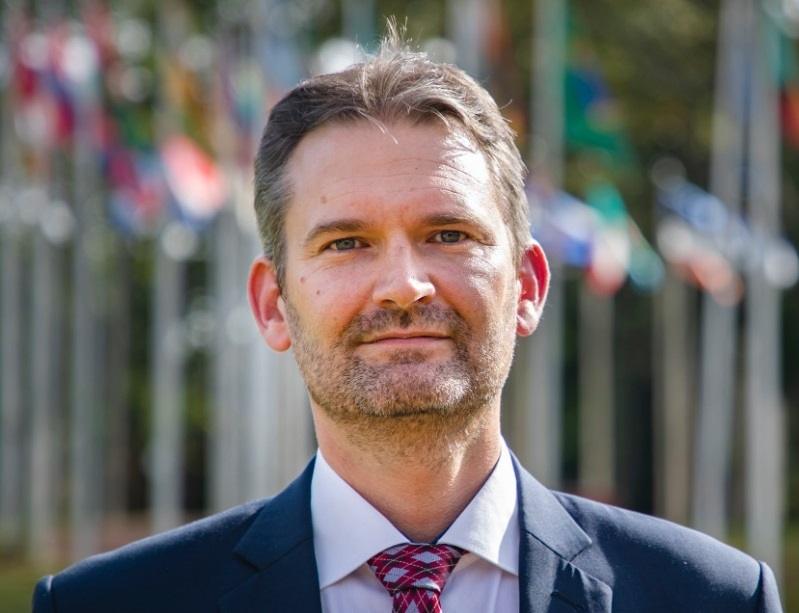Salesforce Launches Initiative to Scale Ocean-Based Carbon Credits, Hires VP of Climate Action
CRM solutions provider Salesforce announced today the appointment of Tim Christophersen as incoming Vice President of Climate Action, responsible for driving the company’s strategy around nature-based solutions to climate challenges, and accelerating Salesforce’s international sustainability efforts.
Along with the new appointment, Salesforce also announced the launch of a new ‘blue carbon’ markets initiative, aimed at helping to scale sustainable ocean-based carbon markets through the development of consistent standards for assessing projects and credits.
Before joining Salesforce, Christophersen spent 15 years at the United Nations Environment Programme (UNEP), most recently serving as the Head of Nature for the Climate Branch, where he Coordinate the UNEP team of the UN-REDD Programme, with the aim to reduce deforestation and forest degradation in developing countries. He held several senior roles in his tenure at UNEP, including Head of Freshwater, Land and Climate Branch and Secretariat of the Convention on Biological Diversity (CBD).
Christophersen, said:
“Science tells us that it’s now or never to take climate action. We’re already experiencing the first effects of climate change, from extreme weather events and wildfires, to rapid loss of biodiversity, and growing global inequality. Businesses can quickly and decisively scale up all the right solutions now for people, nature and climate laid out by the latest IPCC report. That’s why I’m proud to join Salesforce and leverage its full power on behalf of our planet.”
The blue carbon initiative is being launched as a collaborative effort, co-led by Salesforce, and environmental organizations including the World Economic Forum’s Friends of Ocean Action, Ocean Risk and Resilience Action Alliance (ORRAA), Conservation International, The Nature Conservancy, along with the Meridian Institute, so support the stakeholder engagement process.
Blue carbon is the carbon captured by ocean and coastal ecosystems, such as mangroves and seagrass. Projects to conserve or restore these ecosystems are increasingly used by companies to offset their carbon emissions through blue carbon credits, though the market currently lacks consistent and verifiable standards to measure and assess the credits and help fund new solutions.
The co-leaders stated that they will release a set of principles and definitions in June 2022 at the UN Ocean Conference in Lisbon.
Whitney Johnston, Ph.D., Director of Ocean Sustainability at Salesforce, said:
“We want to leverage the power of nature to capture carbon and fight climate change. As investments in the blue carbon market grow, we must ensure that projects truly safeguard biodiversity, protect coastal and marine ecosystems, and ultimately improve the livelihoods of people in local communities.”
Salesforce also announced that it is joining ORRAA, a multi-stakeholder collaboration with a goal to drive at least $500 million of investment into coastal projects by 2030.
Karen Sack, Executive Director, ORRAA, said:
“At the moment, there are too few on-the-ground solutions which can be a source for high-quality, verifiable blue carbon credit products ready to go to market, and no clear benchmarks or definitions of what a high-quality blue carbon product is – or should be. It is also important to develop demand-side guardrails to ensure that blue carbon credits are additional – not an alternative – to efforts to reach net zero. We are delighted that Salesforce is joining ORRAA and to be working jointly with them and other partners on this effort.”





